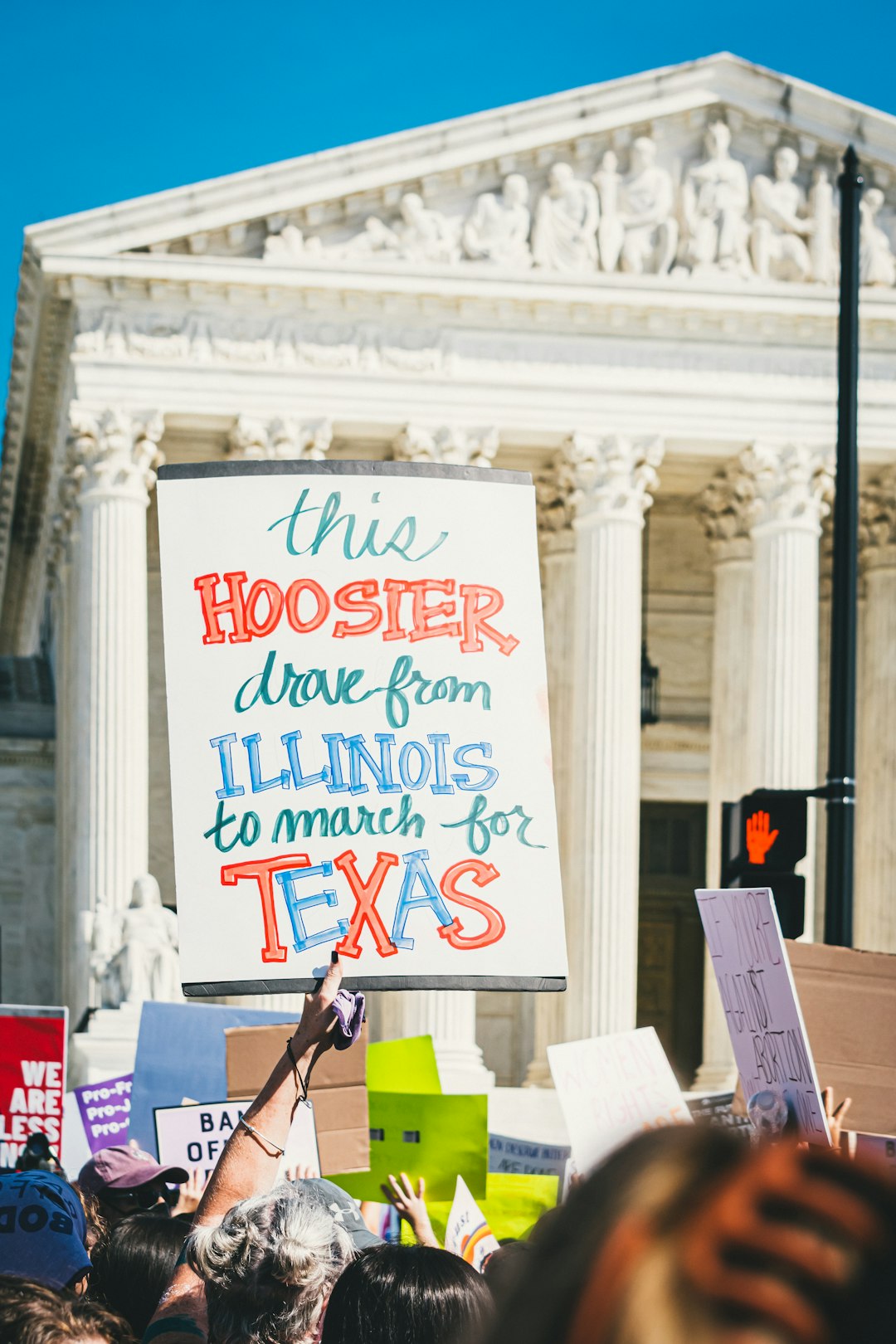Students in the District of Columbia face unique challenges from phone scams, including financial loss and identity theft. Schools are combating this issue by educating students through interactive workshops, discussions on common scamming techniques, and collaboration with spam call lawyers DC or attorneys. Regular updates and parent involvement further empower students to recognize and avoid scams, fostering digital responsibility in the face of cybercrime.
In the digital age, phone scams have become a pervasive threat, targeting students across the District of Columbia. As these deceptive practices evolve, schools play a pivotal role in educating young minds about their potential dangers. This article explores the growing concern of spam calls and their impact on students’ well-being. We delve into effective strategies for school interventions, emphasizing the importance of digital literacy. Additionally, it highlights the collaboration between educational institutions and legal experts in DC, including spam call lawyers and attorneys, to combat these scams and empower students with knowledge, especially when dealing with potential legal implications.
The Prevalence of Phone Scams and Their Impact on Students

In the digital age, phone scams have become increasingly prevalent, targeting individuals across various demographics, including students in the District of Columbia. These fraudulent activities range from impersonating government agencies to pretending to be tech support, often with the goal of stealing personal information or extorting money. Students, being technologically adept and frequently using their phones, are particularly vulnerable to such scams. The impact can be severe, leading to financial loss, identity theft, and emotional distress.
The constant barrage of spam calls, especially those posing as legal entities like spam call lawyers DC or spam call attorneys DC, can create a sense of anxiety among students. Many such calls claim to offer legal representation or threaten legal action, adding another layer of stress to an already demanding academic life. This is why it’s crucial for schools in the District to take proactive measures and educate students about these scams, empowering them to recognize and avoid potential threats. By raising awareness, schools can play a vital role in safeguarding their students from the adverse effects of phone scams.
Strategies for Effective Spam Call Education in Schools

In the fight against phone scams, schools play a pivotal role in educating students about recognizing and avoiding potential threats. To make this education effective, several strategies can be employed. Firstly, integrating interactive workshops and simulations into the curriculum allows students to experience spam calls firsthand, fostering a deeper understanding of the tactics used by scammers. These sessions can include demonstrations by local spam call lawyers or spam call attorneys from spam call law firms in DC, who can share real-world scenarios and provide insights on how to handle such situations.
Additionally, schools can encourage critical thinking skills through discussions about common scamming techniques. Teaching students to verify the authenticity of calls, understand pressure tactics, and recognize official communication channels from government entities or financial institutions is key. Regular updates on emerging scams, along with advice on reporting suspicious activities, will empower students to protect themselves. Engaging parents and caregivers through informational sessions can also reinforce these lessons at home, creating a unified front against phone scams.
Building Digital Literacy: Collaborating with Legal Experts in DC

In today’s digital age, teaching students about phone scams is more important than ever. Schools in the District of Columbia play a crucial role in building digital literacy among young people by equipping them with the knowledge and skills to recognize and avoid deceptive practices like spam calls. One effective strategy involves collaborating with legal experts specialized in spam call cases. These attorneys, often referred to as spam call lawyers DC or spam call attorneys DC, can provide valuable insights and real-world examples to help students understand the complexities of these scams.
By partnering with reputable spam call law firms DC, schools can arrange for guest lectures, workshops, and interactive sessions that demystify common scamming techniques. Students learn about the legal implications and potential consequences of engaging with scammers, fostering a sense of digital responsibility. This collaborative approach not only enhances their ability to protect themselves but also empowers them to become advocates against cybercrime in the District of Columbia and beyond.






